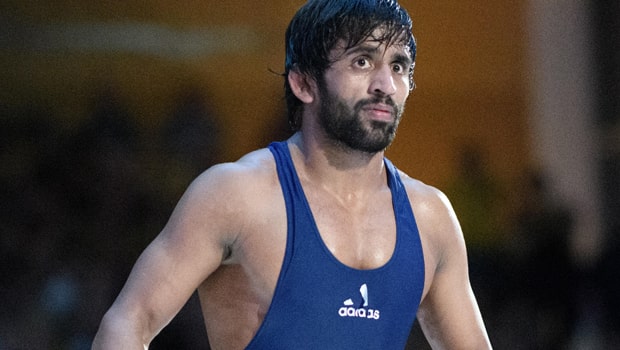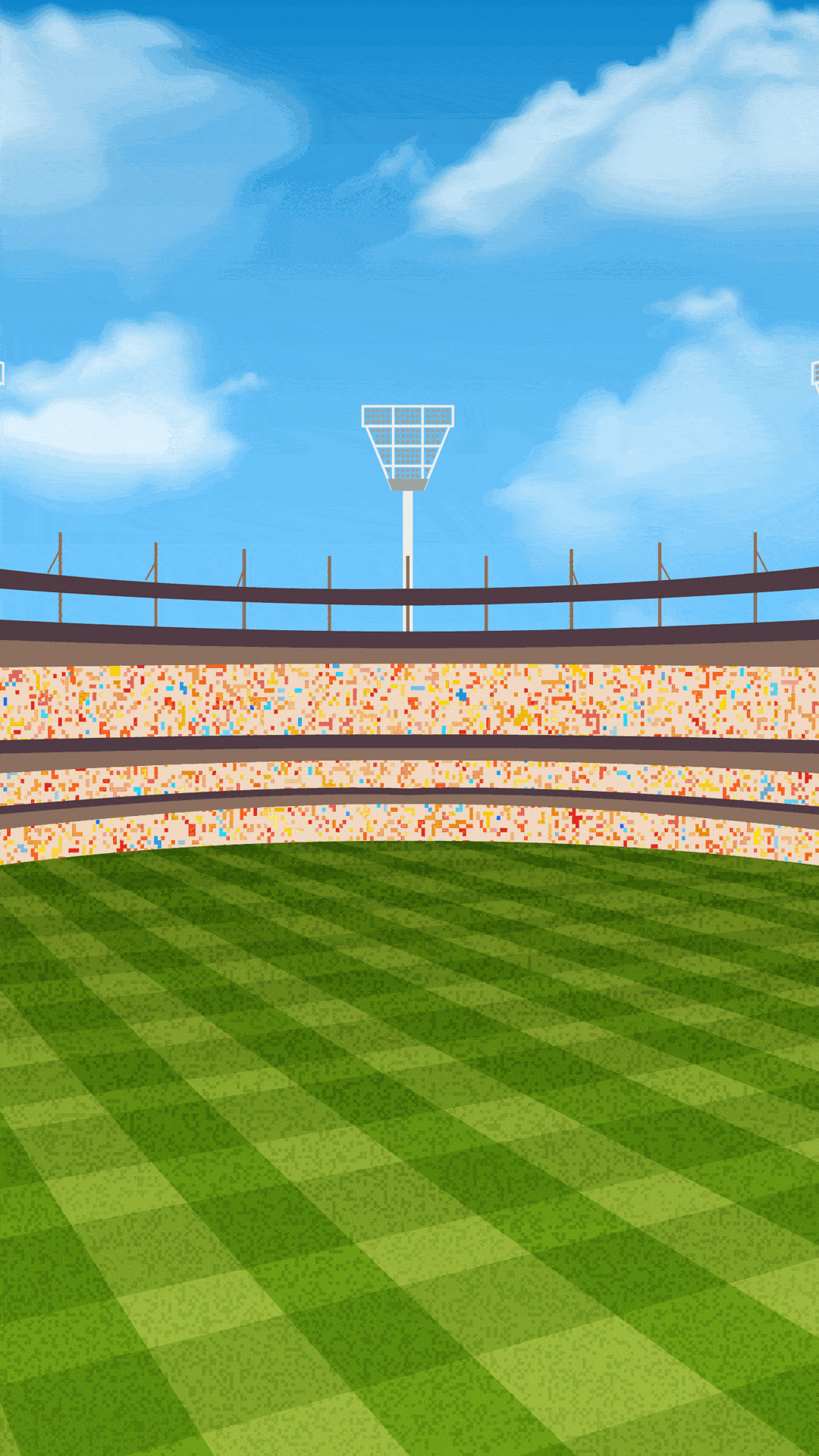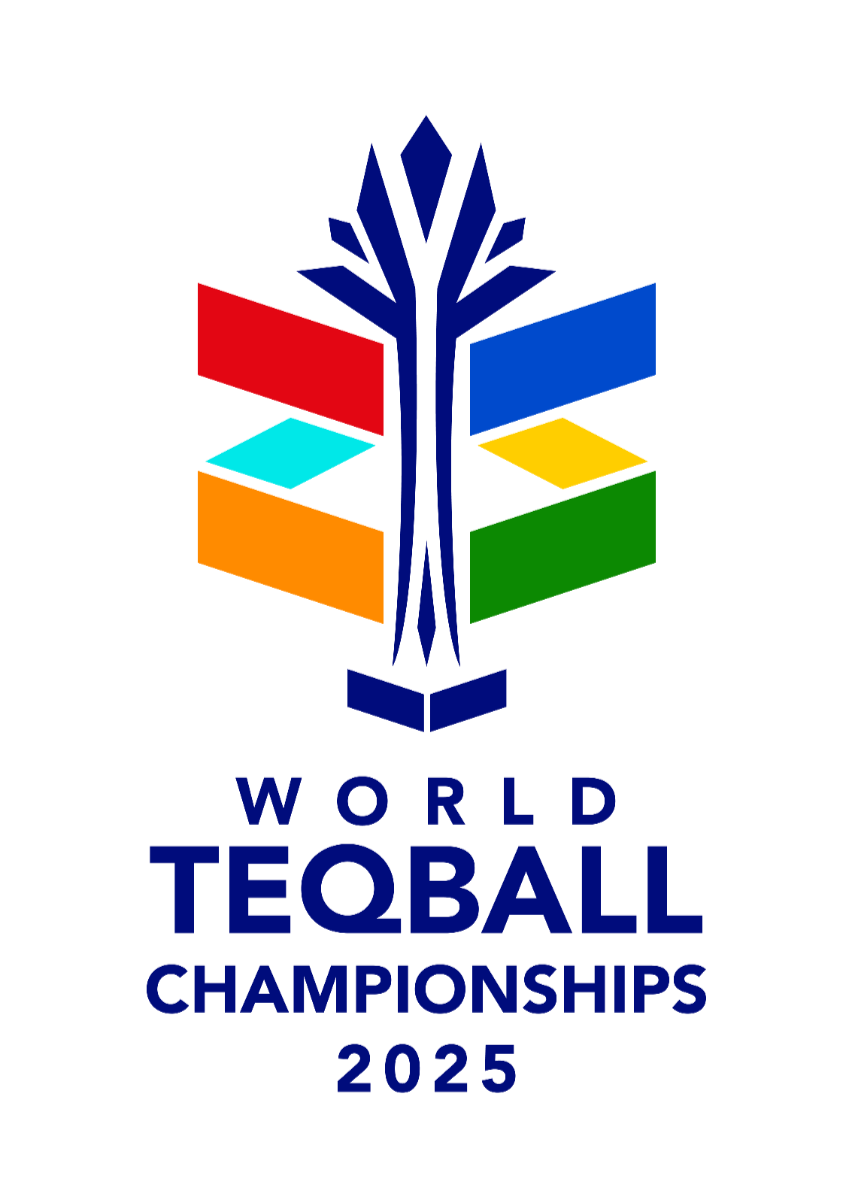Star Indian wrestler Bajrang Punia, along with other prominent figures like Vinesh Phogat, Sakshi Malik, and Satywart Kadiyan, has launched a legal challenge against the Wrestling Federation of India (WFI).
The group has filed an urgent joint petition in the Delhi High Court, seeking to halt the national selection trials scheduled for March 10-11 in Delhi. This move highlights a deepening rift between India’s elite wrestlers and the national federation, marking a critical juncture in the ongoing struggle over governance and athlete rights within Indian wrestling.
The national trials, set to take place at Delhi’s IG Stadium, are intended to select wrestlers for the upcoming Asian Wrestling Championships and the Olympic Qualifier in Kyrgyzstan. However, the petitioners’ refusal to participate stems from serious grievances with the WFI, which was recently reinstated by the United World Wrestling (UWW) despite being suspended by the Indian government.
Bajrang Punia articulated the group’s concerns, questioning the legitimacy of a suspended federation conducting the trials and lamenting the lack of government intervention in the matter.
Punia’s statement to PTI highlighted his perplexity and frustration, “I would not spend Rs 30 lakh on my training if I were to not compete in the trials, but how the suspended WFI is conducting the trials? I don’t get what the government’s compulsion is (on allowing WFI to conduct trials)?”
The controversy surrounding the WFI and its handling of athlete grievances is not new. The federation and its former president, Brij Bhushan Sharan Singh, have been at the center of a storm following allegations of sexual harassment against women wrestlers, leading to widespread protests led by the very athletes now challenging the trials.
Despite the UWW lifting the ban on the WFI, the Indian Olympic Association (IOA)-appointed ad-hoc committee continues to oversee the federation’s daily affairs, contributing to the confusion and discontent among wrestlers.
WFI president Sanjay Singh’s recent appeal to the protesting wrestlers to join the trials seems to have fallen on deaf ears, as the athletes stand firm in their demand for a transparent and government-sanctioned selection process.
This standoff not only raises the critical questions of governance and athlete welfare within Indian sports but also raises paints a grim picture about the future of wrestling in India.
As the Delhi High Court gears up to hear the petition on Friday, the wrestling community and sports enthusiasts across the nation await a verdict that could redefine the relationship between athletes and sports federations in India. The outcome of this legal battle may well set a precedent for how athlete grievances and federation governance are handled in the future.






















